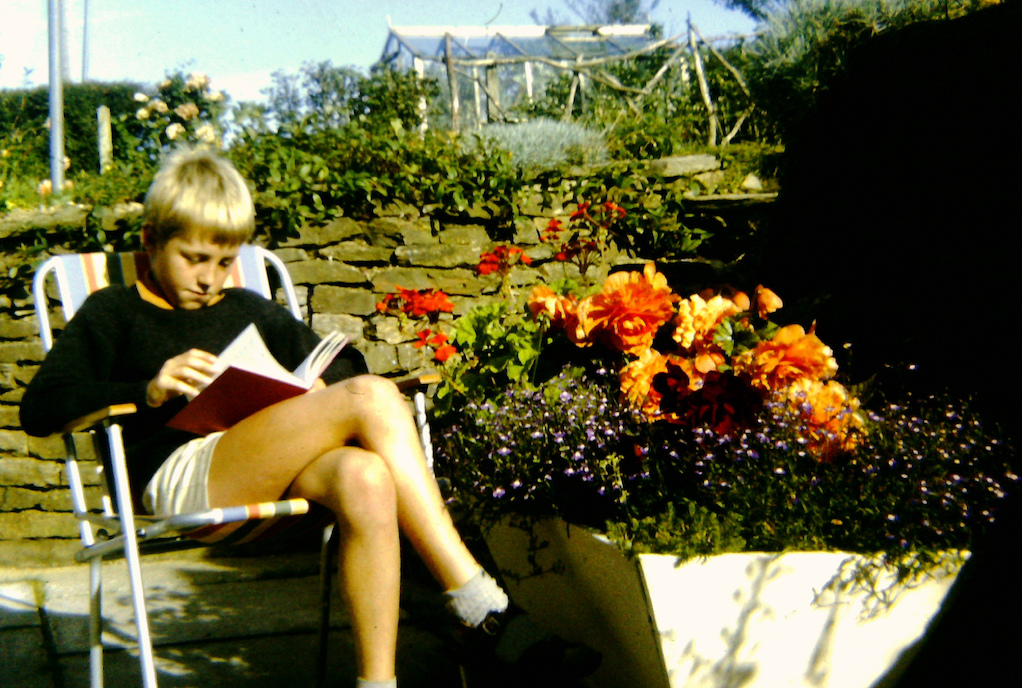Books
The good news? I read a lot for my dissertation in June 2017. Even better news? Much of it was pleasurable (at least for me)–a lot of “Objectivist” poetry, biographical material on Williams and Zukofsky, and histories of late 1920s-early 1930s little magazines. I won’t list any of it here, since I’m saving these lists for leisure reading, but that’s where much of my reading time went this month. Just today I read a summary in the NYT of some research by economists suggesting that young men are working less because they play a lot of video games. All this was interesting in itself, but even more shocking to me was the apparent indication that non-students between the ages of 21-55 watch between 15-18 hours of television a week, on average. This seems horrifying to me, so much so that I can’t even fathom what this would be like as a way of life. I’m too old to expect massive shifts of my leisure habits, and feel smugly proud (and strangely relieved) reading > watching. Enough of that. On to the reading lists!
- I read Eleanor Nesbitt’s Sikhism: A Very Short Introduction. I knew little to nothing about Sikhism apart from the so-called 5 Ks before reading the book, and really enjoyed learning more. Guru Nanak seems quite impressive:
Guru Nanak instructed his Sikhs to get up early, before dawn, to bathe, and then meditate during this amrit vela (ambrosial time). Guru Nanak’s formulaic summary ‘nam dan ishnan’ (meditate, give, bathe) adds the necessity of generosity (AG 942). Another more recent formulation commands Sikhs: ‘nam japo, kirat karo, vand chhako’ (meditate, work, and share the proceeds). This threefold mnemonic is the basis of Sikh ethics. Life should be lived meditatively, industriously, and generously.
- I followed that with Damien Keown’s Buddhist Ethics: A Very Short Introduction. Flagged a bit for me in later chapters, but overall quite interesting. Keown was the founder and former co-editor of the Journal of Buddhist Ethics.
- I also read Owen Davies’ Paganism: A Very Short Introduction. A bit longer than the other books, but admirably covered a fairly enormous scope with admirable brevity.
Longform Journalism
Here’s the best of the online nonfiction writing I read in June:
- Tim Gorichanaz’ meditations for The Smart Set on what constitutes a library.
- Cathy O’Neil’s short piece for Bloomberg articulating some fairly simple reasons we should be wary of the motives of tech companies.
- Michael Dirda writing in the Washington Post about changing views of the Midwestern United States.
- Jack Schneider’s guest post for the Washington Post about some of the problems with single number ‘school grades’ that many homebuyers rely on to rate the quality of schools in prospective neighborhoods they’re thinking of living in.
- Margaret Morales writing for the Sightline Institute about zoning and its impact on housing segregation, using the specific example of Seattle.
- Our friend Megan O’Gieblyn writing in the Boston Review about the deterioration of Midwestern waterways (and the Great Lakes especially).
- Anders Fjellberg writing for Norwegian newspaper Dagbladet about the quixotic, charming, tragic story of Anders J. Smedsvik.
- Megan McArdle writing for Bloomsberg about economic mobility in Utah and the role of the LDS church’s welfare practices.
- Chuck Collins interviewing Brooke Harrington in The Nation about her recent book outlining some of the problems with wealth management as it’s practiced globally for the very, very rich.
- Vann R. Newkirk II’s article in The Atlantic about Medicaid’s role in ending de jure segregation in the United States.
- Bryan Stevenson writing in the NYTRB about blackness and policing injustices in America.
- It had been sitting in my Pocket queue for 9 months, but I finally read Jordan Kisner’s utterly fascinating article in the Guardian about Loretta Mayer and Cheryl Dyer’s efforts to render rats sterile. Worth it just for the opening five paragraphs. Wow!
Featured Image: “Reading” by Andy Roberts. 

